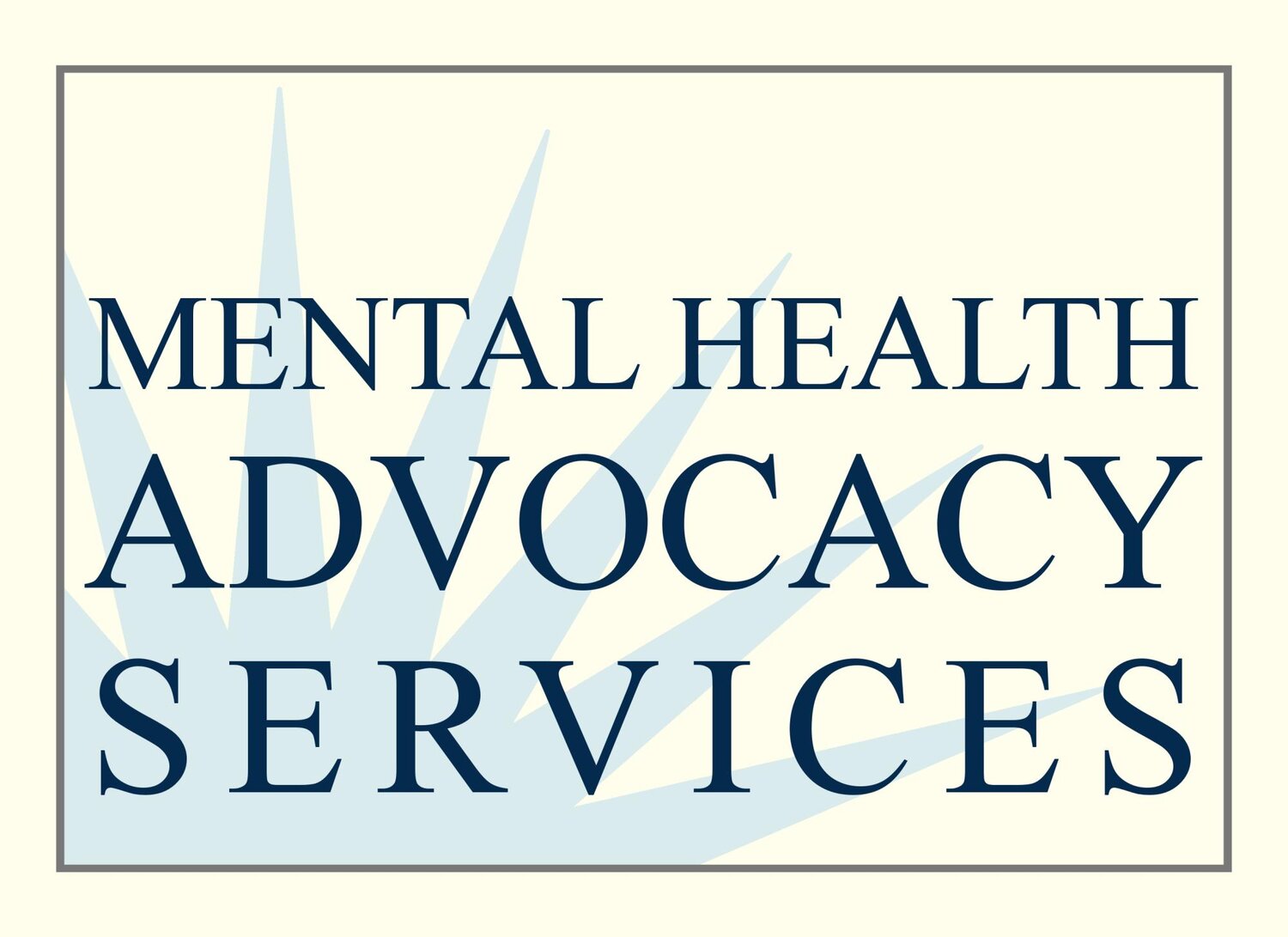New Year, New Opportunities for Immigrant Families
by Eliza SchaflerEliza Schafler is an MHAS Equal Justice Works Fellow sponsored by Greenberg Traurig, LLP.
 First off, happy new year to our MHAS blog readers and supporters! Thank you for all you do to help us provide free legal services to low-income people with mental health needs and their families. We look forward to another year of serving our community.I want to dedicate this post to describing a few new opportunities that have arisen for the many immigrant families we serve at MHAS. These didn’t all strictly start in 2015, but they are new enough that it’s critical to promote them. Certainly, programs that make life easier for families in need are worth celebrating anytime.1) My Health LAFall of 2014 saw the initial rollout of My Health LA, a Los Angeles program designed to help people who don’t qualify for expanded Medi-Cal due to their immigration status. Though this program isn’t technically health insurance, local clinics are paid monthly rates to provide holistic primary care in a “health home” setting. This means that many low-income undocumented people with non-emergency conditions can finally see a doctor.Though My Health LA existed last year, many of our clients and community members still don’t know about it in 2015. And it can make a big difference – physical health care can reduce mental health triggers and help stabilize families with vulnerable children.2) Deferred Action for Parents of AmericansAn Executive Order by President Obama in the fall of 2014 created Deferred Action for Parents of Americans (DAPA). This program will allow many parents of U.S. Citizens and legal permanent residents to obtain temporary protection from deportation, the ability to work legally, and access to public benefits. Regulations to implement DAPA are still being finalized for 2015.Why does this matter to MHAS clients? Because children with mental disabilities are deeply affected when their parents must live in the shadows, or worse, leave their families in the United States behind. Parents with protection from deportation can work legally, benefit from a social safety net, and therefore better provide for children with the greatest needs.3) Driver’s LicensesStarting in January 2015, undocumented Los Angeles residents can obtain driver’s licenses. In addition, new low-income license-holders will be eligible for low-cost auto insurance, which had previously barred people who couldn’t prove 3 years of driving experience.This means that more parents and children in this sprawling city can attend therapy and medical appointments, get to school, and access healthy food. Not to mention they’ll save hundreds of dollars on tickets and fines that can be spent on basic needs.For more information about any of the programs, community members in Los Angeles County can call our office or 2-1-1.
First off, happy new year to our MHAS blog readers and supporters! Thank you for all you do to help us provide free legal services to low-income people with mental health needs and their families. We look forward to another year of serving our community.I want to dedicate this post to describing a few new opportunities that have arisen for the many immigrant families we serve at MHAS. These didn’t all strictly start in 2015, but they are new enough that it’s critical to promote them. Certainly, programs that make life easier for families in need are worth celebrating anytime.1) My Health LAFall of 2014 saw the initial rollout of My Health LA, a Los Angeles program designed to help people who don’t qualify for expanded Medi-Cal due to their immigration status. Though this program isn’t technically health insurance, local clinics are paid monthly rates to provide holistic primary care in a “health home” setting. This means that many low-income undocumented people with non-emergency conditions can finally see a doctor.Though My Health LA existed last year, many of our clients and community members still don’t know about it in 2015. And it can make a big difference – physical health care can reduce mental health triggers and help stabilize families with vulnerable children.2) Deferred Action for Parents of AmericansAn Executive Order by President Obama in the fall of 2014 created Deferred Action for Parents of Americans (DAPA). This program will allow many parents of U.S. Citizens and legal permanent residents to obtain temporary protection from deportation, the ability to work legally, and access to public benefits. Regulations to implement DAPA are still being finalized for 2015.Why does this matter to MHAS clients? Because children with mental disabilities are deeply affected when their parents must live in the shadows, or worse, leave their families in the United States behind. Parents with protection from deportation can work legally, benefit from a social safety net, and therefore better provide for children with the greatest needs.3) Driver’s LicensesStarting in January 2015, undocumented Los Angeles residents can obtain driver’s licenses. In addition, new low-income license-holders will be eligible for low-cost auto insurance, which had previously barred people who couldn’t prove 3 years of driving experience.This means that more parents and children in this sprawling city can attend therapy and medical appointments, get to school, and access healthy food. Not to mention they’ll save hundreds of dollars on tickets and fines that can be spent on basic needs.For more information about any of the programs, community members in Los Angeles County can call our office or 2-1-1.
